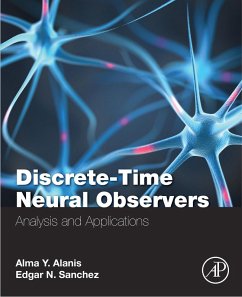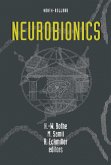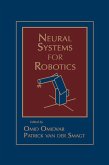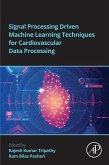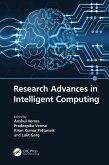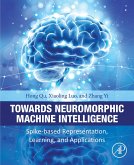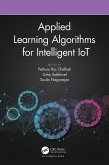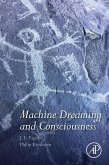In order to complete the treatment of these schemes, the authors also present simulation and experimental results related to their application in meaningful areas, such as electric three phase induction motors and anaerobic process, which show the applicability of such designs. The proposed schemes can be employed for different applications beyond those presented.
The book presents solutions for the state estimation problem of unknown nonlinear systems based on two schemes. For the first one, a full state estimation problem is considered; the second one considers the reduced order case with, and without, the presence of unknown delays. Both schemes are developed in discrete-time using recurrent high order neural networks in order to design the neural observers, and the online training of the respective neural networks is performed by Kalman Filtering.
- Presents online learning for Recurrent High Order Neural Networks (RHONN) using the Extended Kalman Filter (EKF) algorithm
- Contains full and reduced order neural observers for discrete-time unknown nonlinear systems, with and without delays
- Includes rigorous analyses of the proposed schemes, including the nonlinear system, the respective observer, and the Kalman filter learning
- Covers real-time implementation and simulation results for all the proposed schemes to meaningful applications
Dieser Download kann aus rechtlichen Gründen nur mit Rechnungsadresse in A, B, BG, CY, CZ, D, DK, EW, E, FIN, F, GR, HR, H, IRL, I, LT, L, LR, M, NL, PL, P, R, S, SLO, SK ausgeliefert werden.

